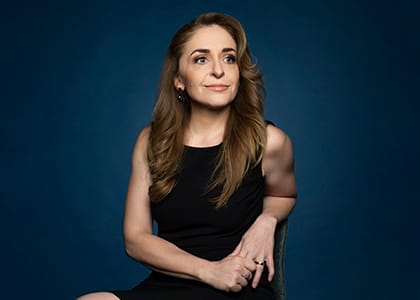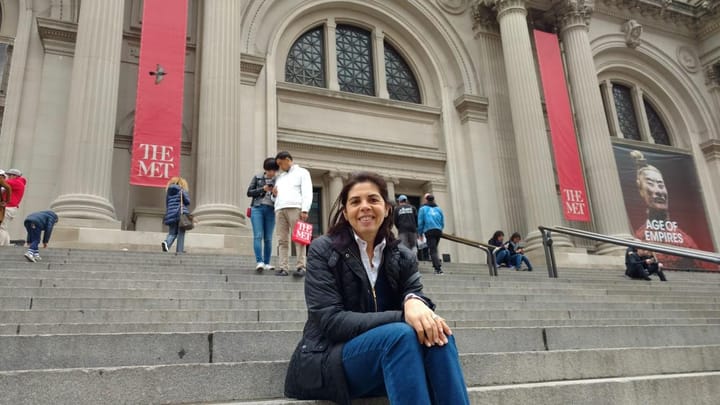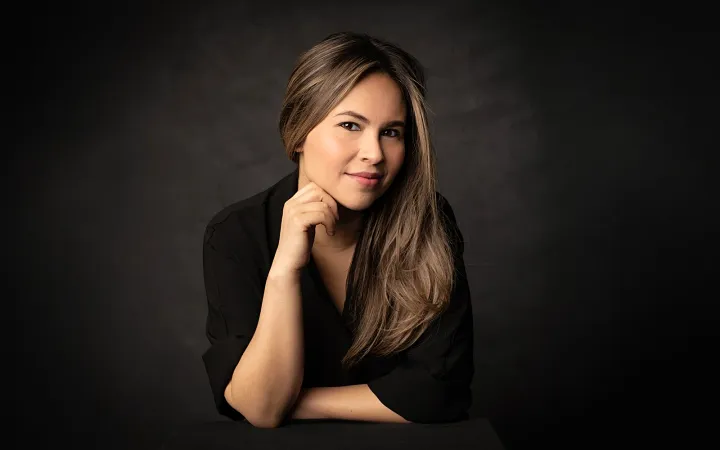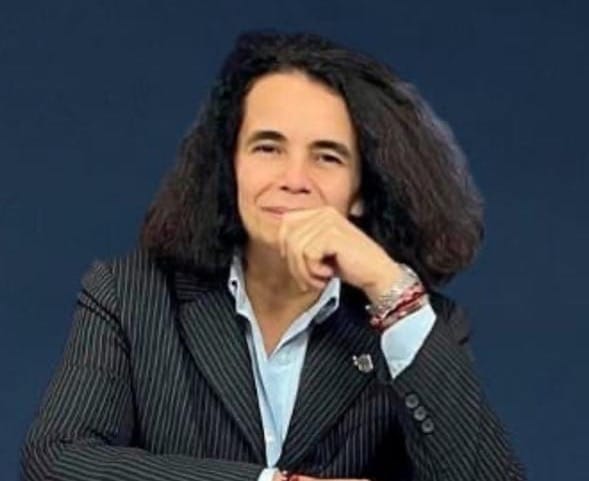
Por Bárbara Anderson
El título de esta columna tiene marca registrada. Es de María Antonia Irazabal Quintero, activista ciega por los derechos de las personas con discapacidad y responsable de la división regulación de la Secretaría Nacional Cuidados y Discapacidad del Ministerio de Desarrollo Social de Uruguay.
Con una claridad bañada en sentido común, ella resumió en esa frase todo lo que mueve a las personas con discapacidad, a sus familias y a los colectivos activistas: la vulnerabilidad no es una condición, es un castigo aplicado por la sociedad.
“Para cambiar, tenemos que cambiar”. Los juegos de palabras obvias son un sello de Antonia quien explicaba cuál es la única manera de hacer posible la plena inclusión de las personas con discapacidad. Si seguimos acumulando deseos, declaraciones de buena voluntad, propuestas sin presupuesto ni medición o planes que se detonan sin datos concretos sobre la comunidad de personas con discapacidad, es imposible lograr impulsar cambios (esperemos alguna vez) reales.




